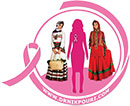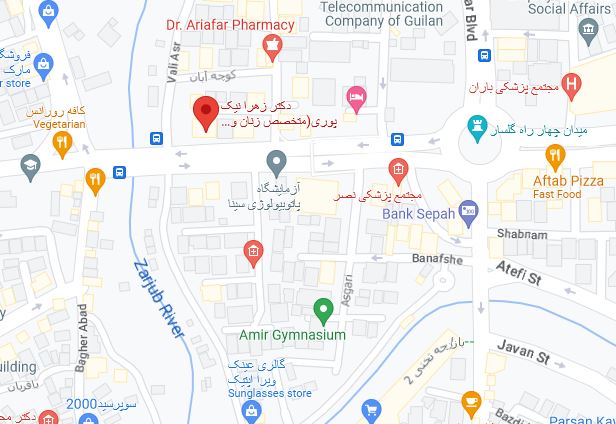Plant-Rich Diets Tied to Lower Breast Cancer Risk
|
|
Plant-Rich Diets Tied to Lower Breast Cancer Risk Amy Norton
Authors and Disclosures
SOURCE: http://bit.ly/pASRK6 Am J Epidemiol 2011. Information from Industry Learn about NCCN guidelines for carcinoid syndrome NEW YORK (Reuters Health) Sep 08 - Women with diets rich in vegetables, fruit and legumes, but low in red meat, sodium and processed carbohydrates, may have a somewhat lower risk of estrogen receptor-negative breast cancer, a new study suggests. Estrogen receptor-negative tumors account for about one-quarter of breast cancers. The findings are from the large, long-running Nurses' Health Study. Of more than 86,000 women followed for 26 years, slightly less than 1% developed ER-negative breast cancer after menopause. The risk, researchers found, was lower among women whose diets most closely resembled the Dietary Approaches to Stop Hypertension (DASH) diet -- an eating plan recommended for lowering blood pressure. It emphasizes vegetables, fruit, fiber-rich grains, legumes and nuts, and low-fat dairy. The women who, at the outset, had the highest DASH "score" were 20% less likely to develop ER-negative breast cancer than those with the lowest DASH scores. When the researchers took a closer look, it seemed to be high vegetable and fruit intake that mainly accounted for the link. The results, reported August 10th in the American Journal of Epidemiology, do not prove that a plant-rich diet cuts breast cancer risk. And in general, studies have come to mixed conclusions on whether diet habits are connected to breast cancer. But recent research has been suggesting that ER-negative breast tumors, in particular, may be related to diet, said Teresa T. Fung from Simmons College in Boston, the lead researcher on the new study. Why that might be the case is unclear. But in an interview, Fung speculated that with ER-positive breast tumors, the influence of estrogen may be so great that it "overwhelms" potential dietary benefits. But for now, that's a theory. Along with the DASH findings, the study also showed that women with diets high in vegetable protein but low in refined carbs had a 19% lower risk of ER-negative cancer, versus women with high intake of refined carbohydrates. Of course, Fung pointed out, "healthy behaviors don't occur in isolation." But when the researchers accounted for factors like weight, exercise habits and smoking, the link between plant-rich diets and lower breast cancer risk still held. Again, that doesn't prove cause and effect, Fung acknowledged. And the researchers could only look at the risk across large groups of women. Exactly how much any one woman might benefit from eating more vegetables -- at least as far as breast cancer risk -- is unclear. In general, the average U.S. woman has about a 12% chance of developing breast cancer in her lifetime, with ER-positive tumors being most common. Fung suggested that women with less-than-ideal diets gradually introduce healthier fare to make the change seem less daunting. "Any improvement," she noted, "is better than no improvement." The DASH diet recommends that the average woman should get four to five servings of vegetables and the same amount of fruit each day. It also recommends four to five servings of legumes, nuts and seeds per week. SOURCE: http://bit.ly/pASRK6 Am J Epidemiol 2011.
|


